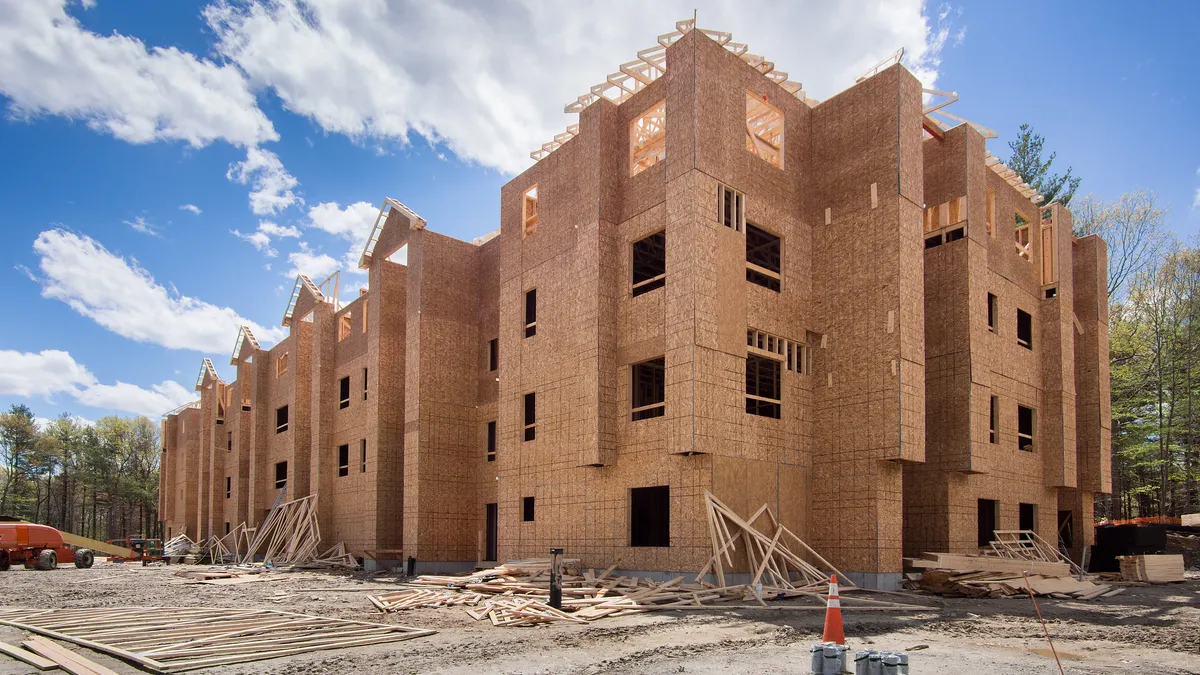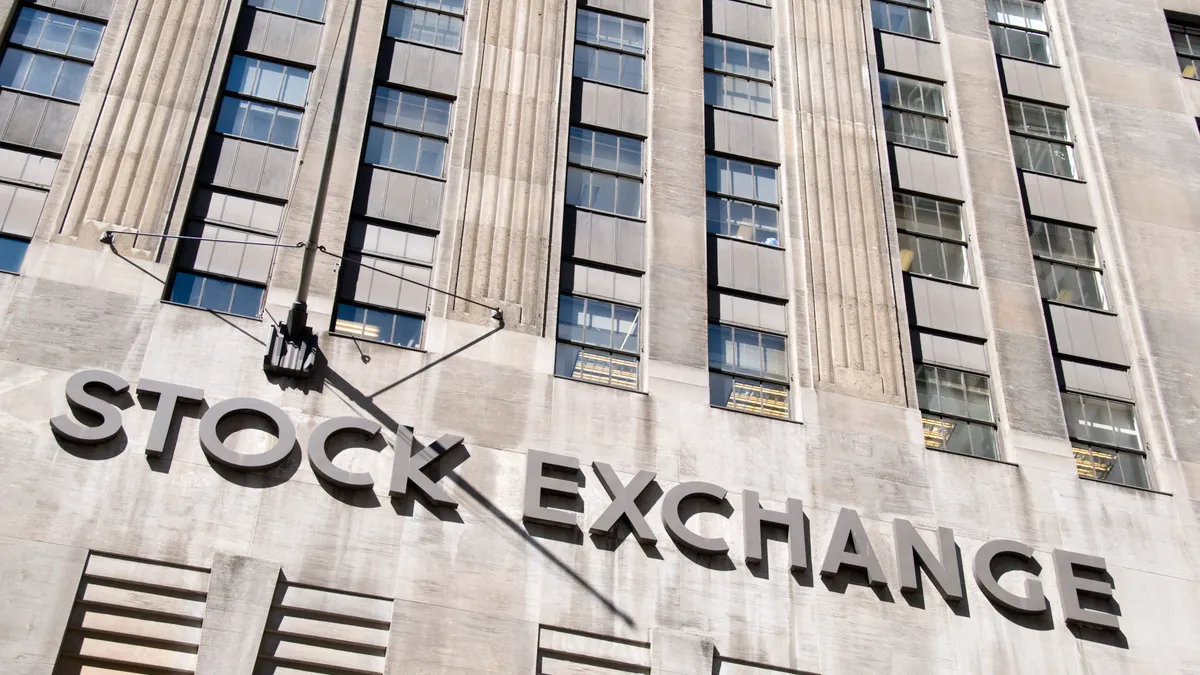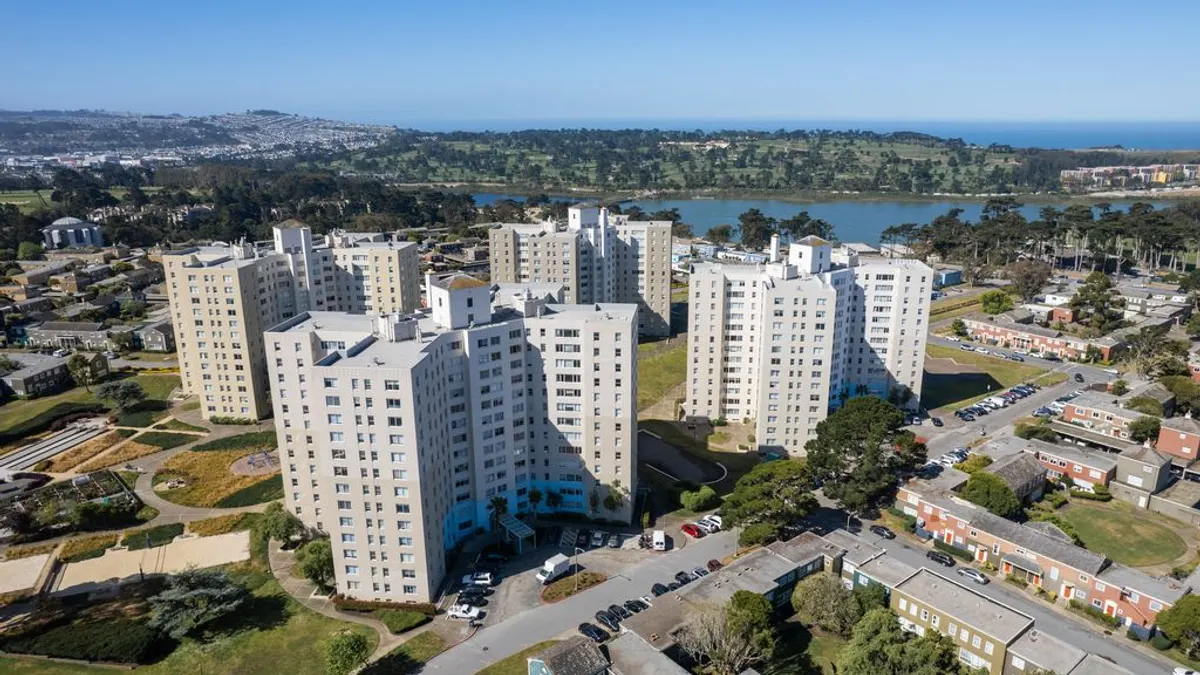Six in ten property managers have experienced rental fraud at least once in the past two years, according to a new report by credit reporting agency TransUnion. More than a third of all survey participants did not identify the fraud until after the renter moved in.
This leads to a wide range of negative impacts on the affected business, including bad debt, financial loss and more time spent on scanning for fraud, according to the report.
Strategies for managing fraud are diverse. About 34% of managers outsource their rental fraud management, while about 25% have dedicated in-house teams. The rest do not use formal tools, but instead rely on instinct, according to the report.
The problem has grown more pervasive over the last several years, especially as technology has become more sophisticated, according to Maitri Johnson, senior vice president of TransUnion’s tenant and employment screening business. These advances have enabled the rise of synthetic fraud, or the use of identities composed of a mix of real or fake information, to get past most traditional detection methods.
Here, Johnson talks with Multifamily Dive about the rise of synthetic fraud, COVID’s effect on fraud activity and the ways in which property managers can catch perpetrators in the act.
This interview has been edited for brevity and clarity.
MULTIFAMILY DIVE: What are some of the lasting effects of the COVID-19 pandemic on the rental fraud landscape?
MAITRI JOHNSON: COVID essentially moved all business transactions into a contactless environment. In rental housing, it really shifted how the industry did business by moving a lot of its transactions, if not all of them, into an online digital space. And, as has been the case in many other industries, digital transactions have led to an explosively growing increase in fraudulent activity.

What we're seeing now is the aftermath of COVID-19, with landlords and operators seeing an increase in bad debt. And that bad debt is really being driven by fraudulent actors who are getting into rental units under false pretenses, and then rent not being paid. And that unpaid rent is contributing to the increased levels of bad debt, which I suspect is the reason why there has been a lot of attention paid lately to this rise in fraud.
Is the rise in fraud a recent problem? I would say it's been around even pre-COVID. But it really gained steam and got teeth with the onset of COVID and the transition to digital transactions.
What are some types of fraud that operators should be on the lookout for?
Two kinds of fraud have been fairly evenly split — it's first-party fraud and synthetic fraud. First-party fraud is largely the use of a fake ID, a fake passport. Synthetic identity and synthetic fraud is really the peak — the part of fraud that is growing exponentially. It is also the hardest to detect.
Synthetics are defined as using a combination of real, personally identifiable information to fabricate a person or entity in order to commit a dishonest act for personal or financial gain. Because it contains information from real people, like Social Security numbers, the resulting synthetic identity is defeating many traditional fraud controls that only validate singular components of identity attributes as authentic.
And a lot of landlords and operators today rely on technology and tools to help mitigate and reduce the fake documents through document verification tools and such. What they have not really addressed is the mitigation of synthetic fraud.
For synthetic fraud you have to use a very sophisticated technology environment. That’s really the part of fraud that is not being addressed for the most part in the marketplace. For that you really need good technology, sound technology that outsmarts the fraudsters, because frankly, that's what they're using. They're using great technology to outsmart the operators and landlords.
How can managers catch synthetic fraud?
Combating synthetic identity fraud is not easy — there is no silver bullet — and requires multiple solutions that waterfall through each other. A multilayered solution is essential to identify and reduce the opportunity for synthetic identities which includes:
- Identity verification combined with identity graphs that link multiple fractional identifiers, such as SSNs linked to addresses, with their “signs of life” (such as how often SSNs are using different addresses in a timeframe).
- Alternative data sources such as consortia that share behaviors related to synthetic and bust-out fraud — building a high credit line and then maxing it out with no intention of paying the bill — on a regular, timely basis.
- Digital data (such as an IP address) and step-up authentication solutions like document verification to provide the right level of friction.
Do local laws related to data privacy pose any obstacles to this kind of fraud prevention?
I don't think it's posed an obstacle to fraud prevention. I think the big issue is just the lack of use of really good technology. Time will tell whether it proves to be an obstacle or not, but it hasn't proven to be the case as of yet from what I've seen.
Some eviction moratoriums related to COVID-19 posed an obstacle to evicting fraudulent renders. Is this still an issue?
No, because obviously, as you know, the moratoriums were raised. But what it has done is expose a higher level of potential fraudsters who got in under false pretenses that the operators are now having to address.

















